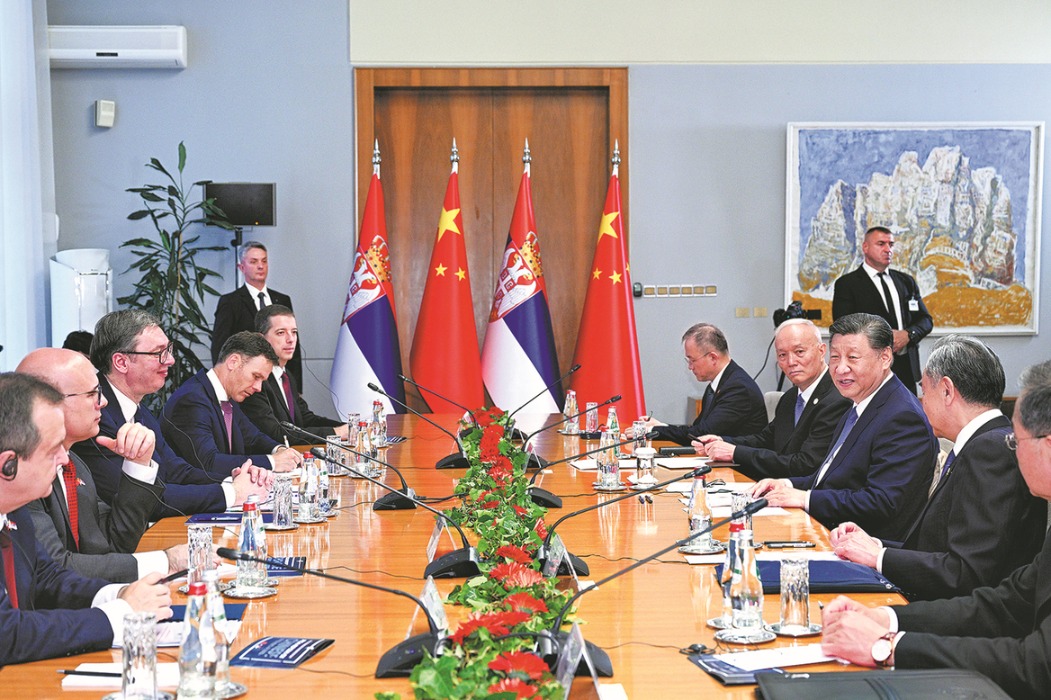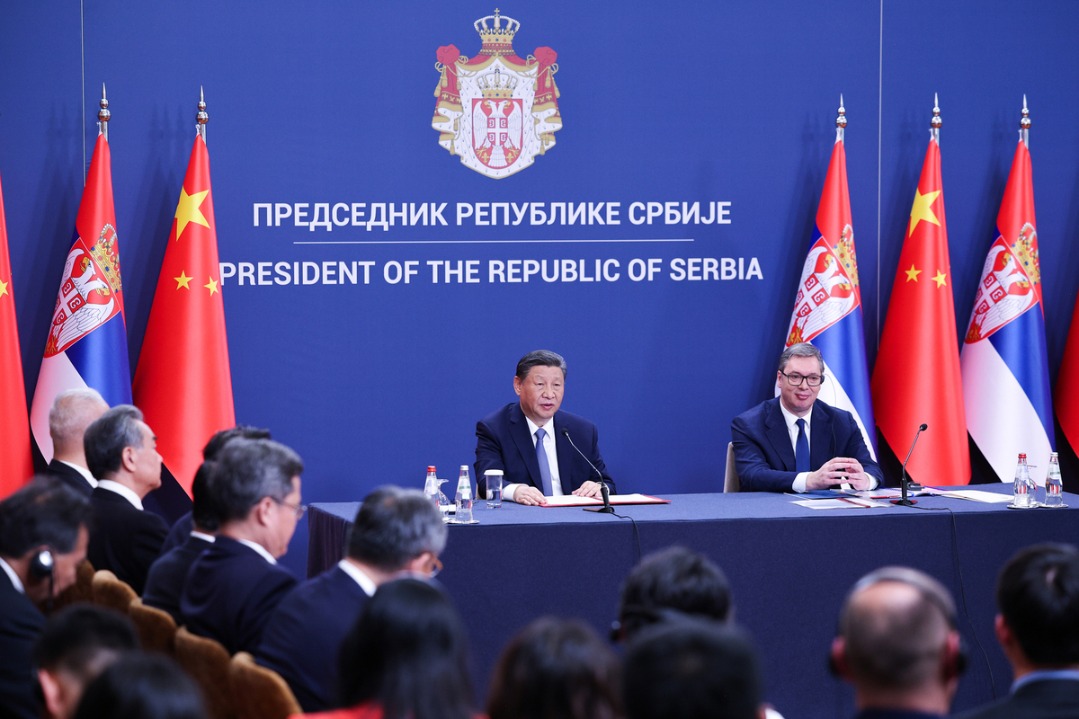Stable economy will ensure foreign reserves stay strong
China Daily | Updated: 2022-02-17 07:52

According to the State Administration of Foreign Exchange, the balance of China's foreign exchange reserves in January was $3.22 trillion, down $28.53 billion from what it was at the end of 2021, or down 0.88 percent from a month ago.
The foreign exchange reserves declined mainly as a result of the appreciation of the dollar index and the decline in investment asset prices. China's foreign exchange reserves have remained between $3 trillion and $3.25 trillion over the past five years, with a steady trend and two-way fluctuations reflecting the growing strength and resilience of the Chinese economy.
Foreign reserves are an important indicator of a country's economic and financial strength, and an important reference point for developed economies to view China's financial risks. Maintaining a reasonable amount of foreign reserves is, therefore, conducive to improving China's reputation.
Despite a series of shocks since 2017, such as balance sheet shrinking by the US Federal Reserve, rising trade protectionism, the COVID-19 pandemic, the global financial turmoil, and supply chain shocks, China has maintained steady growth of its foreign reserves, net inflows of cross-border capital and two-way fluctuations of the renminbi's exchange rate, reflecting its growing ability to safeguard against financial risks.
The steady increase in China's foreign reserves is attributed to the strength of its manufacturing industry and the steady and smooth operation of its industry chains and supply chains. The increasing competitiveness of China's manufacturing sector has played an important role in stabilizing employment and promoting a rebound in its industrial production and export trade.
The steady growth in China's foreign reserves also stems from the cross-border capital's preference for renminbi assets. Since the outbreak of COVID-19, China's economy has been among the first to recover, and China's stable economic fundamentals, high rate of return on assets, an ever-improving multi-tiered capital market and strengthened property rights protection have played a role in stabilizing its foreign reserves.
Rising trade protectionism or rising expectations of monetary policy tightening by the Fed and rising volatility of US treasuries and stocks do pose a challenge to China's foreign reserve management. However, China's steady economic and financial fundamentals, its steady fluctuations of the renminbi exchange rate, continued cross-border capital inflows, and an increasingly perfect macro-prudential policy framework for cross-border capital flows will effectively maintain its financial security and ensure its supply and demand of foreign reserves stay at a reasonable level.
























